Sunai TV
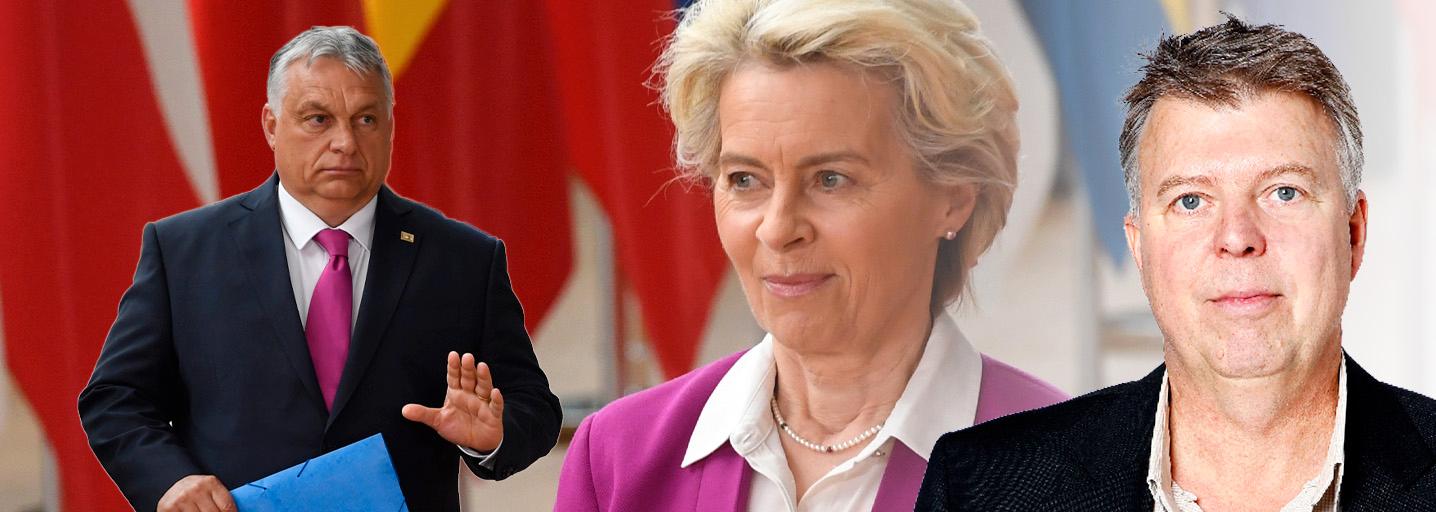
Wolfgang Hansson
Oil embargo does not stop the war - despite all the big words
Published: Just recently
This is a commentary text. Analysis and positions are the writer's.
COLUMNISTS
On one level, the EU's oil embargo against Russia is a great success.
But those who believe that Russia is now forced to end the war in Ukraine will be disappointed.
The more the war drags on and the more expensive it becomes for European countries to impose sanctions on Russia, the slower it will be possible to agree.
It took four weeks to agree on an oil embargo. Fast to be the EU in a normal situation. But slowly compared to how quickly the EU acted in the beginning to punish Russia for the war in Ukraine.
The only reason why all 27 member states finally managed to agree is that Hungary, Slovakia and the Czech Republic have been granted an exemption for the oil they import via pipeline from Russia. No end date has been set for when the exemption will expire.
Hungary's Viktor Orbán succeeded in his blackmail.
Other EU countries will stop importing Russian oil that is delivered by ship by the turn of the year.
On paper, this means that Russia loses more than 75 percent of the revenues from the oil it supplies to the EU.
But nothing happens from one day to the next.
It will take over six months before the EU completely stops buying oil from Russia (except for the exceptions).
It also means that it will take time before the Russian treasury is seriously affected.
Hungarian Prime Minister Viktor Orbán arrives at EU summit. Photo: Geert Vanden Wijngaert / AP
Is outside sanctions
The effect of the EU decision was that oil prices rose, which benefits Russia. Since Putin invaded Ukraine, oil prices have risen sharply, at least in the short term, increasing Russian revenues.
EU leaders portray the oil embargo as a "fantastic achievement" and an important mark of the EU's continued unity against Russia's aggression.
In a way, they are right. Without the war, it would have been almost impossible for the EU to agree on such harsh sanctions against Russia. Those introduced after the Kremlin's illegal annexation of the Crimean peninsula were not nearly as far-reaching as they are today.
But anyone who believes that the oil embargo means the nail in the coffin for Russia's warfare risks being very disappointed.
Not only does it take time for the embargo to take full effect. It is also easy to forget that outside the Western world, few countries have imposed sanctions on Russia. Most of the oil that the EU would have bought, Russia will instead sell to others.
India has already sharply increased its purchases of Russian oil. It is not unlikely that China will do the same.
Admittedly, Russia is forced to give a substantial discount, today 30 percent, because buyers know that the Western world does not want to deal with oil. But it still means that multi-billion income continues to roll into the Russian treasury.
EU Commission President Ursula von der Leyen. Photo: Geert Vanden Wijngaert / AP
Magdalena Andersson was also present when the decision was made. Photo: Geert Vanden Wijngaert / AP
Wishful thinking
The day when Putin is forced to stop the war because he has run out of money is very far into the future.
If you listen to EU leaders, you easily get the impression that only the Western world with strong sanctions is turning the thumbscrews really properly, Putin will be forced to give in.
Unfortunately, there is a large portion of wishful thinking in that analysis.
The examples in the world when a great power has been forced to throw in the towel due to economic and political sanctions are depressingly few.
The sanctions make it more expensive and more difficult for Russia to wage its war against Ukraine, but it is only in the very long term that they can force Putin to the negotiating table. The question is whether Ukraine can last that long.
Sanctions work to punish Putin, but there is a superstition that they will force him to change his behavior.
The probable outcome is that in time the Russians will suffer a sharp drop in living standards, while Putin will squander the resources he has to finance the war.
For Europe, however, it is strategically important to get rid of its dependence on Russian oil. This reduces the risk that Russia will be able to use the energy weapon towards the West. The next step is to also phase out the Russian gas, but it seems to take much longer. The gas is more difficult to replace.
Costly
At best, the war could lead to Europe's climate change accelerating. The problem is to replace normally reliable energy sources such as oil and gas with weather-dependent fossil-free sources such as solar and wind.
The EU now also finds itself in a situation where, in order to get rid of its dependence on Russia, it is forced to make large investments in fossil energy, for example by building terminals for importing liquefied natural gas from other countries, while at the same time having to invest heavily in renewable energy to meet climate goals.
It will be expensive for Europe's taxpayers and consumers.
The question, of course, is whether we will get to a point where sanctions in the West hit us harder than they hit Russia.
Stop for Russian oil after EU meeting
Exceptions for three countries Andersson: "Positively surprised"
Of:
Hans Österman
Published: Today 00.52
Updated: Today 08.31
NEWS
Just before midnight, EU countries agreed to stop imports of Russian oil.
However, some countries were granted a temporary exemption.
- I am positively surprised that we have come this far, said Prime Minister Magdalena Andersson after the summit.
The EU's 27 heads of state and government gathered in Brussels on Monday to agree on a sixth sanctions package against Russia. After protracted negotiations, they agreed a few minutes before midnight.
Among the new measures is Russia's largest bank, Sberbank, being thrown out of the international payment system Swift. In addition, three more state-controlled television channels are blocked from European broadcasts and more Russian representatives are banned from entering and frozen assets, such as the military, which is considered responsible for war crimes in Butja.(krigsbrott i Butja.)
So much oil is stopped
But the biggest question was about oil. There, the member states agreed to stop the import of Russian crude oil and petroleum products by boat.
"This immediately covers more than two thirds of Russia's oil imports and removes a large part of the financing of their war machine. It puts maximum pressure on Russia to stop the war ", wrote Council President Charles Michel on Twitter.(på Twitter.)
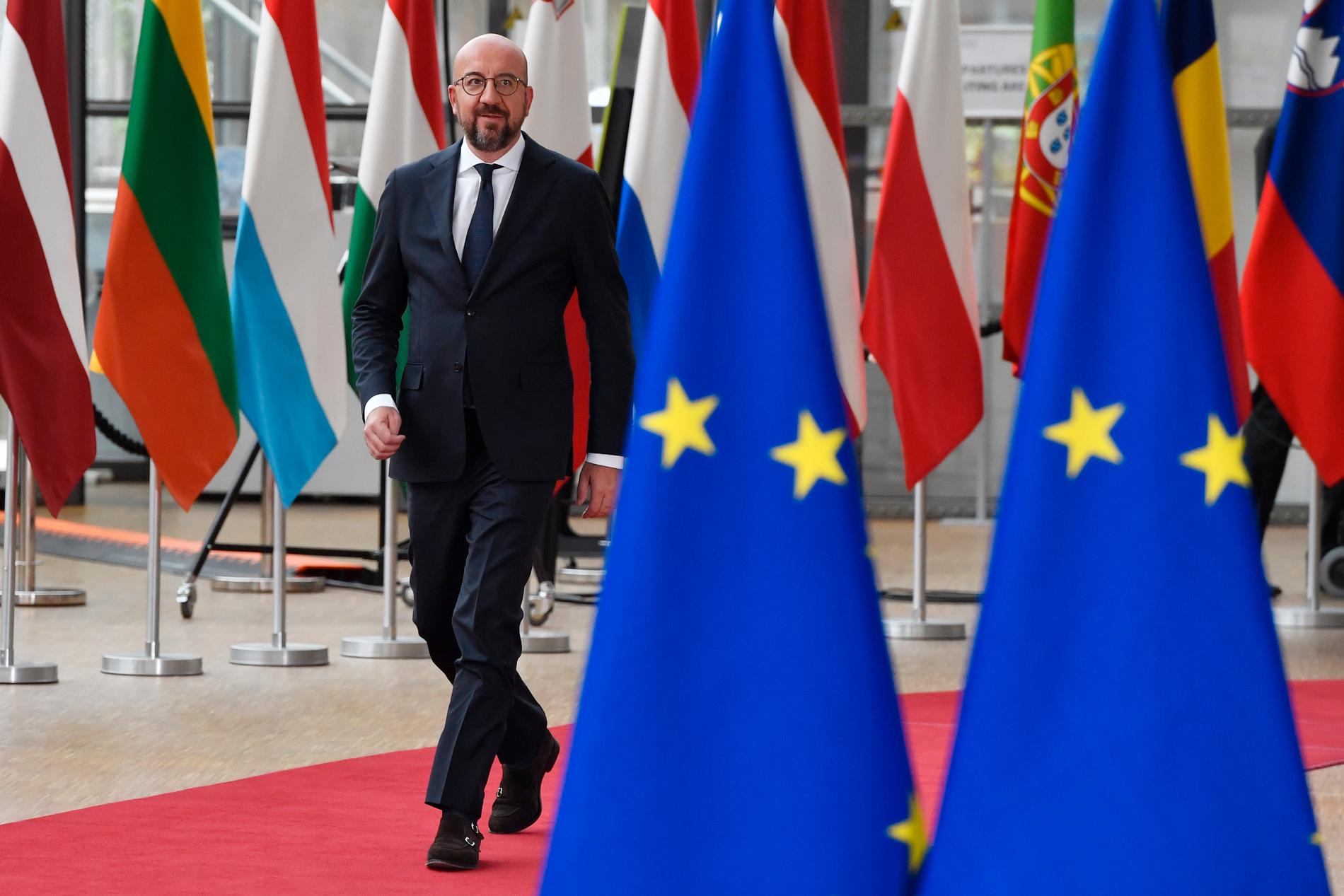
Council President Charles Michel. Photo: Geert Vanden Wijngaert / AP
In a follow-up tweet, he clarified that 75 percent of European imports will be stopped immediately and that the share will have risen to 90 percent by the end of the year.
Zelensky started at a distance
The summit in Brussels began with the participation of Ukrainian President Volodymyr Zelensky via video.
- All quarrels in Europe must end, internal disputes only encourage Russia to put more and more pressure on you. It is time for you to act as a whole, not as separate fragments, he told EU leaders.
Already three weeks ago, the European Commission presented a draft of new sanctions.
Ahead of the summit, there was a proposal for a compromise that would allow Hungary, the Czech Republic and Slovakia to continue importing Russian oil via the giant Druzhba pipeline. It was built during the Soviet era and runs through war-torn Ukraine.
Hungarian Prime Minister Victor Orbán said at the meeting that the proposal "is not bad", but called for a contingency plan in case the Druzhba leadership "had an accident". In harsh terms, he accused the European Commission of "irresponsible behavior" and of having created a "difficult situation", reports The Guardian. (rapporterar The Guardian.)
The wording that solved the knots
But the knots were untied at the last moment. The agreement combines the three countries' temporary derogations with a promise that "emergency measures will be introduced to guarantee energy supplies", writes TT.
It is still unclear when the oil embargo will take effect and how long the exemption will be in place. These issues will be resolved when the EU countries' ambassadors formally nail the agreement on Wednesday.
- It is important that we now put the details in print as soon as possible so that this can come into force, said Prime Minister Magdalena Andersson to TT after the summit.
Magdalena Andersson "surprised"
She was happy and surprised by the agreement and said she did not think the result was watered down.
- This is very powerful. That is far more than the majority of Russian oil that will be stopped. I must say that I am pleasantly surprised that we have come this far. This may be the largest sanctions package we have agreed on.
Magdalena Andersson welcomed the decision. Photo: Geert Vanden Wijngaert / AP
EU Commission President Ursula von der Leyen said at a press conference that the member states had agreed on "massive investments in renewable energy" to compensate for the loss of Russian oil.
They also agree on a further nine billion euros - equivalent to more than 94 billion kronor - in support of Ukraine.
On Tuesday, the summit will continue with talks on the world's food supply and joint defense efforts within the EU.
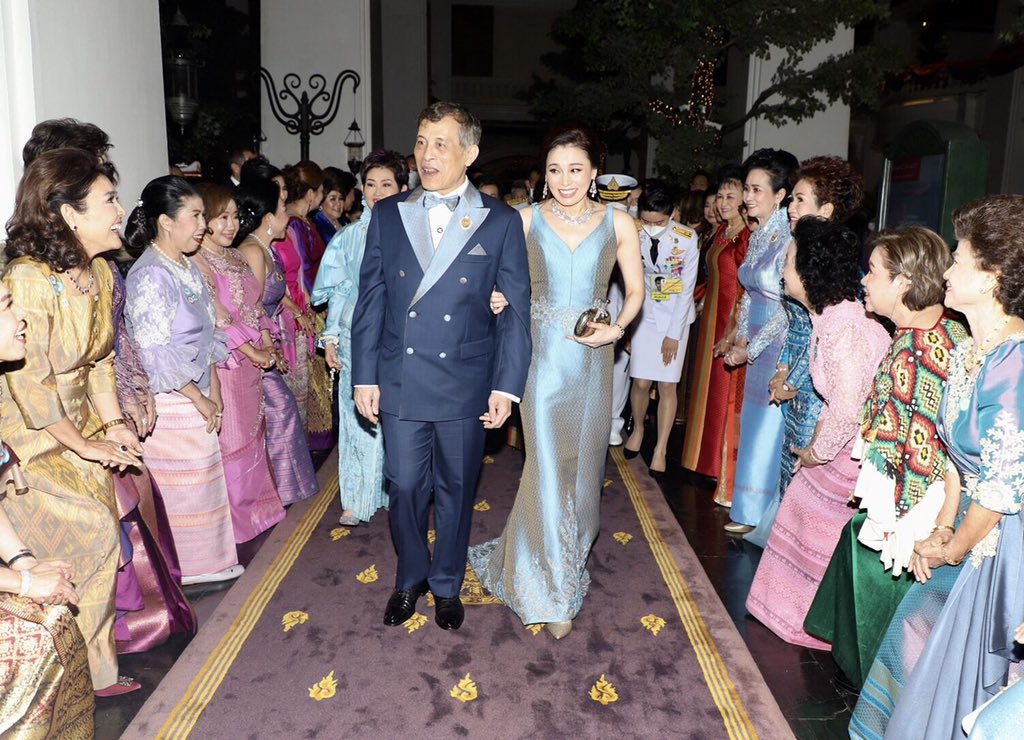
He’s literally dressed like a clown
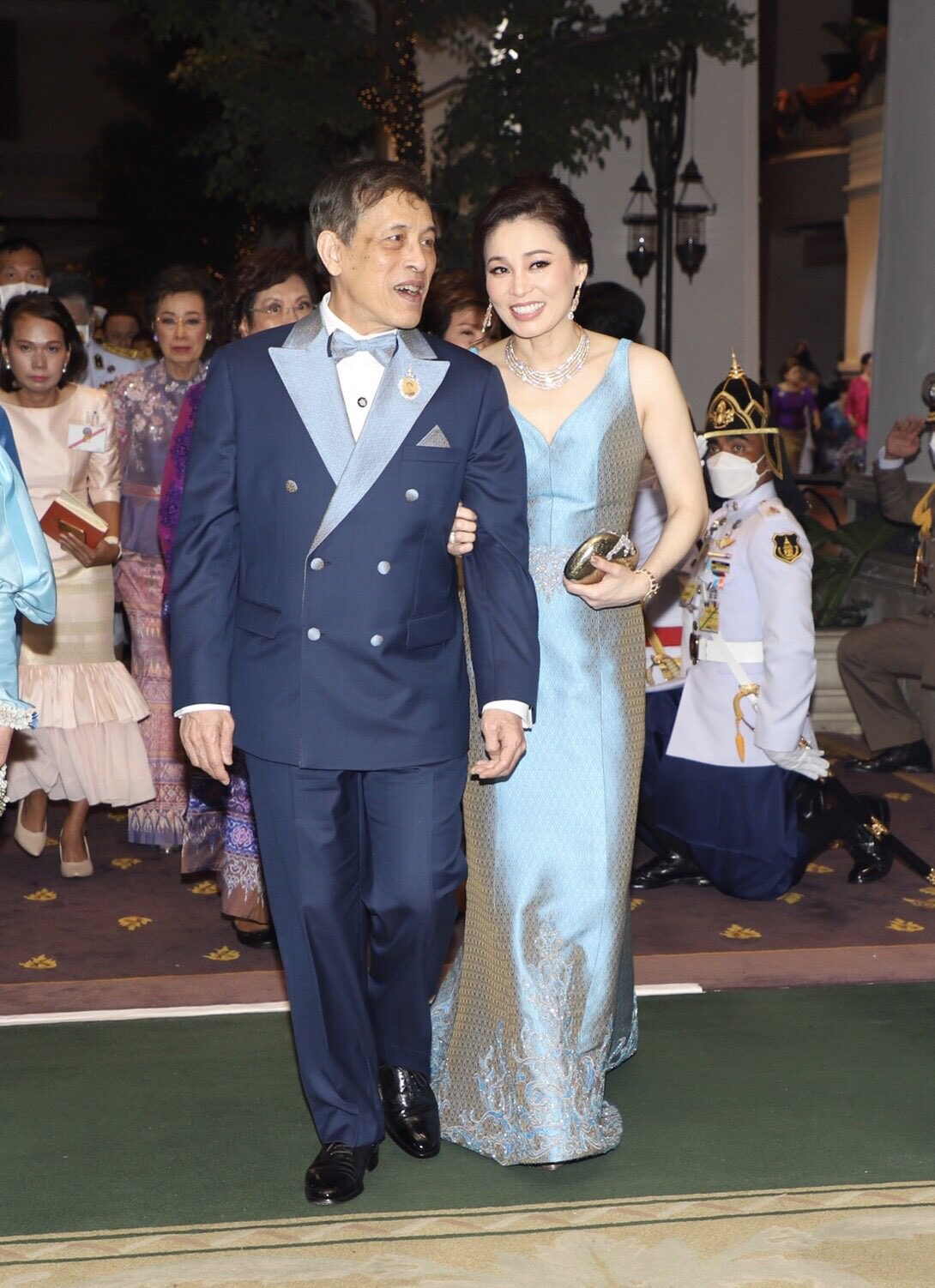
ก้อยอยู่ไหน?
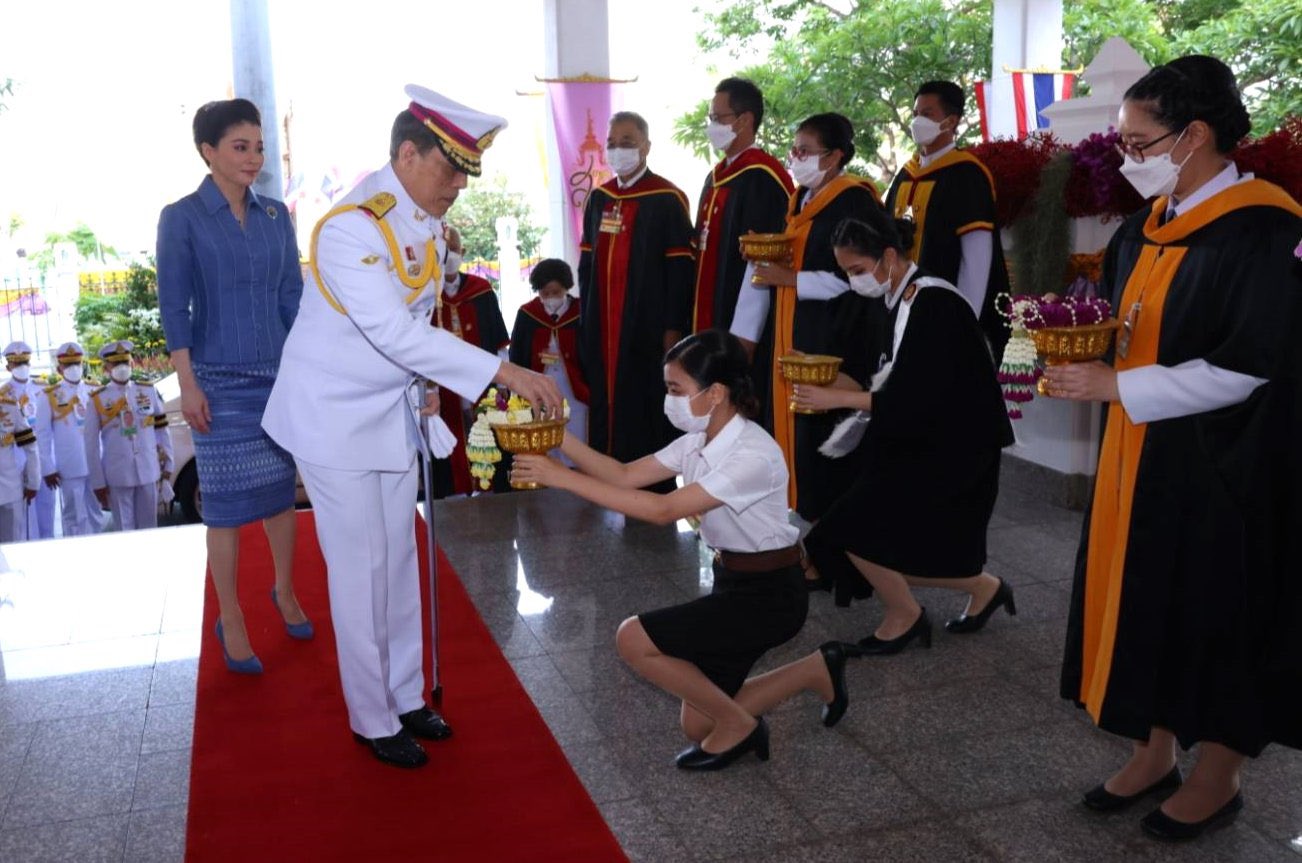
...................................................................................
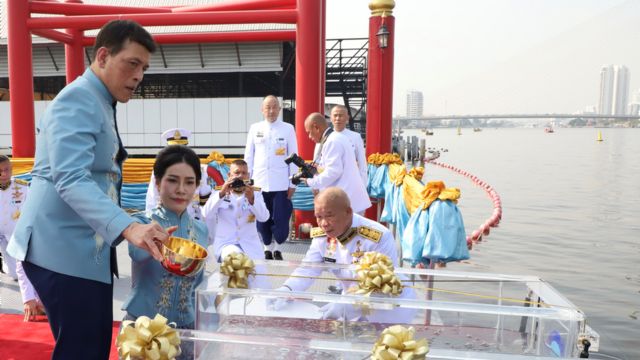
ไม่ถึง 1 วัน มีผู้ลงชื่อถอดถอนนายศรีสุวรรณ ออกจากเลขาธิการสมาคมองค์การพิทักษ์รัฐธรรมนูญไทยใน change.org แล้ว 46,144 คน (15.30 น.)
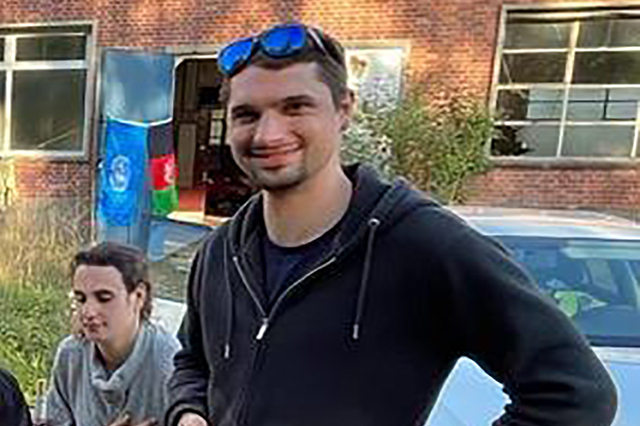
Frederic Leclerc-Imhoff turned 32 years old. Photo: BFM TV / AP